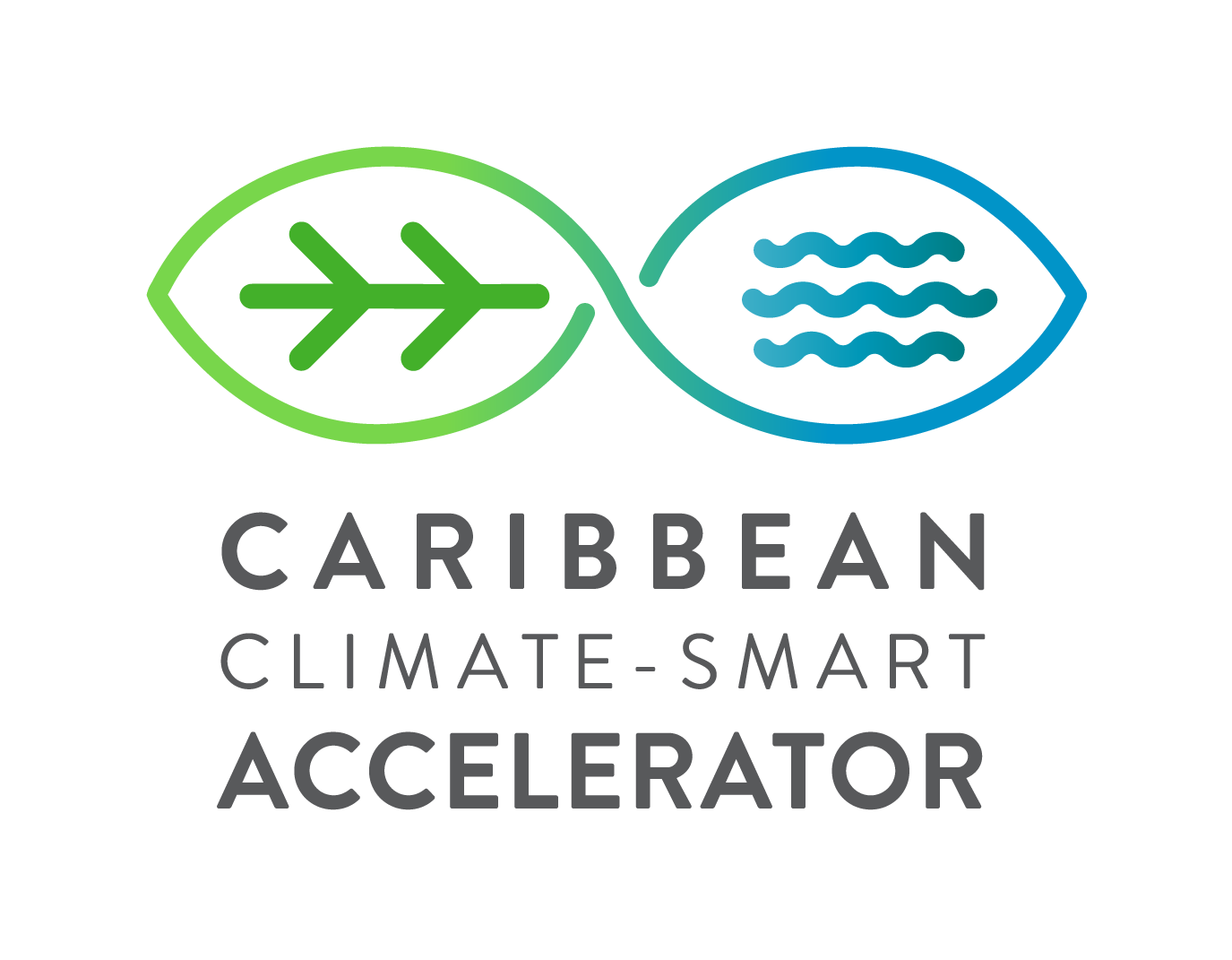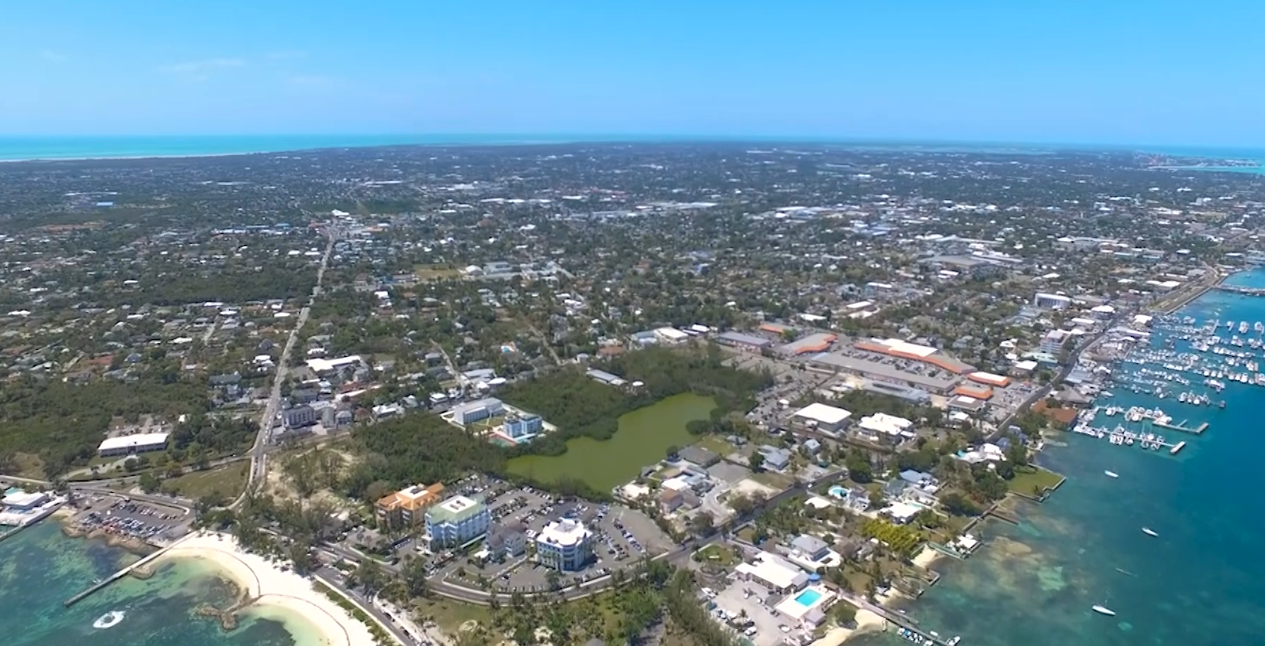A lot has happened in 2022 for the Caribbean that inspires confidence for the upcoming year. Despite the passages of hurricanes Fiona and Ian, the Caribbean’s excellent leaders have shined on the global stage, from championing nature-based solutions, to the appointment of Grenada’s Simon Stiell as executive secretary of the United Nations Framework Convention on Climate Change (UNFCCC), and the breakthrough on Loss & Damage at COP27 – the region is well placed to shape global climate action. Each of these events have highlighted the innovation, resilience, and determination of the Caribbean, and with a wide range of other achievements interspersed throughout the year, the upcoming year will provide even more opportunities to build upon the momentum of 2022 to deliver the low-carbon sustainable future we want for ourselves.
A Year of Growth
Nature-based solutions made strides at a regional and international scale. The scientifically-backed 30 by 30 target which seeks to protect 30% of the planet’s natural areas by 2030 was launched by Costa Rica and France and resembles the Caribbean’s own 20 by 20 goal which most signatories met. Capitalizing on the success of the 20×20, Caribbean nations quickly pledged their commitment to the 30×30 target, joining a cohort of over a hundred countries currently fleshing out the details of the plan at the UN Biodiversity Conference in Montreal.
Through the 20×20 and via its own regional goals, Caribbean nations have been developing their own blue/green economy that maximizes our natural capital without compromising it for future generations. As Dr. Angus Friday, Blue Economy Director at the Waitt Institute highlighted at a CCSA Investor Forum, the region could become a leader in the blue economy – a sector set to be worth $3 trillion USD globally by 2030.
Growth was seen within the energy sector too, with calls for the creation of a Caribbean-wide green hydrogen export market that could increase energy security and open a new source of revenue for the region. The Caribbean Single Energy Export Market has merit and positions the region for global energy leadership potential, it has only continued to gain momentum on the back of successive conferences, workshops and the recent $217 million investment into a similar project in Chile by the European Union indicate that there is demand for these types of projects.
Innovation was not solely limited to the economy and energy sectors.
Regional diplomats have graced global stages, leading the charge on key issues. At the UN General Assembly in New York, Barbados Prime Minister Mia Amor Mottley delivered an impassioned speech calling for reforms of international financial structures armed with arguments hard to go up against. This was followed up by UNFCCC Executive Secretary Simon Stiell’s leadership at COP27, as well as that of Antigua & Barbuda Prime Minister Gaston Browne. In the end, this COP saw a landmark breakthrough on Loss & Damage – a big win for communities actively being impacted by climate change.
Setting a Platform for 2023
The above examples are just a few that defined 2022 for the Caribbean. Overall, the region is becoming increasingly resilient, innovative, and leading global discussions on climate solutions. Collaboration towards our common goals will ensure we will reach the targets at a regional and global level – we already had a taste of it this year. Looking to the future, there must be more private-public partnerships on resilience-building projects in the Caribbean such as the Single Energy Export Market, or the 30×30 goal.
“Responding to the global climate challenge requires an unprecedented international collaboration,” Global Climate Partnership’s executive director Ron Benioff tells Climate Tracker’s Tyrell Gittens, “By working together in an equitable and inclusive manner … we can more quickly reach our shared goals and we can overcome some of the disciplinary, geographic and political boundaries that constrain our progress when we just work within our individual borders.”
As such, look for continued growth on the ground across the Caribbean, and continued leadership for wider action and results on the international stage. Ahead of COP28 in Dubai next year there are two major considerations to keep in mind: finalizing the framework for Loss & Damage, and determining whether the overdue $100 billion USD yearly climate funds have finally been distributed.
Caribbean diplomats like Mia Mottley and Simon Stiell are keeping tabs on these targets, as are those of climate affected countries around the world – and it is important that we maintain our presence and voice on the global stage. A platform has been created to make 2023 an even more important year in terms of climate action, sustainable development and resilience-building in the Caribbean and abroad, and if 2022 is anything to go by, we will make good on it.






